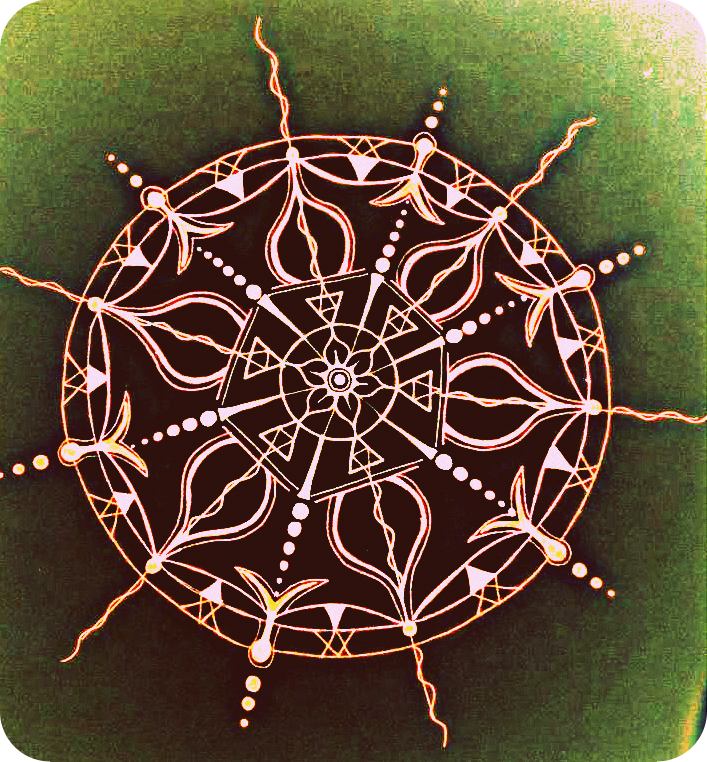 Those long plastic boxes with seven lids-one for each day of the week. MTWTFSS.
Those long plastic boxes with seven lids-one for each day of the week. MTWTFSS.
Pill charts. Take on an empty stomach, a full meal, a glass of water.
Avoid direct sunlight. Check your blood sugar levels. Administer every four hours. Check with your doctor about possible drug interactions.
Avoid all sugar, dairy, grains, processed foods, caffeine, and alcohol.
My grandmother had one of those boxes and in her old age it became her calendar. I met a man in Brazil who was there to cure the ALS he was diagnosed with four years ago. He mixed his powdered Ayurvedic herbs into a glass of water each morning at breakfast in the courtyard of our pousada. I think he took the rest of medication in private.
When I got sick, I got down to work. I wore my reading glasses as I researched treatment options. I knew somewhere into the fourth month that I was probably in it for the long haul. And I was. I found people to help, medication, supplements and foods that worked. I took my medicine on time. It was a full time job and I did it with a marked devotion and responsibility, not unlike a career. What it really was, all of this organizing and researching and note keeping and clock watching and oh so careful planning, was the only way I knew how to fix my body; the only way I knew how to feel about my illness was that my body needed to be fixed.
Chronic illness takes energy and attention. Self-care is hard work. But work is exhausting and by the nature of work, if you have not produced something worthy at the end of the day then you have committed a small failure. More often than not, folks with chronic medical conditions have to live with their medication instructions for life. It is not as if all of the attention to detail required for self-care actually accumulates into a morning when you wake up and it’s all over, like a project of A to B. Or like a cold. Of course there are folks who do have lights at the end of their tunnels but those tunnels are real long and dark and twisted, and if they don’t pay attention and work very hard the light may never engulf them. If you can follow your doctor’s orders, if you can take your medication on time, if you can remember to drink enough water and watch your salt intake, then you’re doing a good job. You might get to the end if there is one, or you might just go to bed each night pleased that you’re still standing. No one likes this job. It isn’t a beautiful thing.
But what if taking care of ourselves was not a tiresome job to be done, but something that was beautiful to create? (This goes for healthy folks as well). At one point several years ago I was taking at least eleven different medications and each one required different times of day and different conditions of my body. Taking those medications was a pain in the ass and I got so that I resented it. I hated those pills even though they were the very thing urging my body back into balance. What if these moments in my day-the time it took to open each bottle, count each pill, think ahead about my day so that I had what I needed when I left the house, filling the glass with water, swallow, swallow, swallow-what if it was a dance? Instead of a chore, it was something to create? All it would take would be a shift in imagination.
A mandala works perfectly as a visual manifestation of self-care and healing. The small center is the exact moment your body fell out of homeostasis. For some people this might be the moment they were born or before. Then from there the story blossoms out. One concentric circle for the first doctor’s visit, then beyond that a pattern of bursting petals for the first day you forgot to take your meds. One collection of ragged violent lines for the hospital time. One layer for each cup of powdered herbs in the morning. One dazzling eruption of shapes and lines for that day you felt really good. Out and out and out it goes, day after day, layers of story giving rise to one another and supporting the ones before them. Look closely and there is little symmetry, but step back and it is something grand, striking, magnificent. And never it has to be complete if that’s the way your story is writing itself.
Lauren is a student and lover of natural medicine and poetry. She lives, studies and works in the Cascadia bioregion (Pacific Northwest). She has just recently begun to publish her poetry. Look out for her work in the upcoming publication of Canary (Hip Pocket Press).


